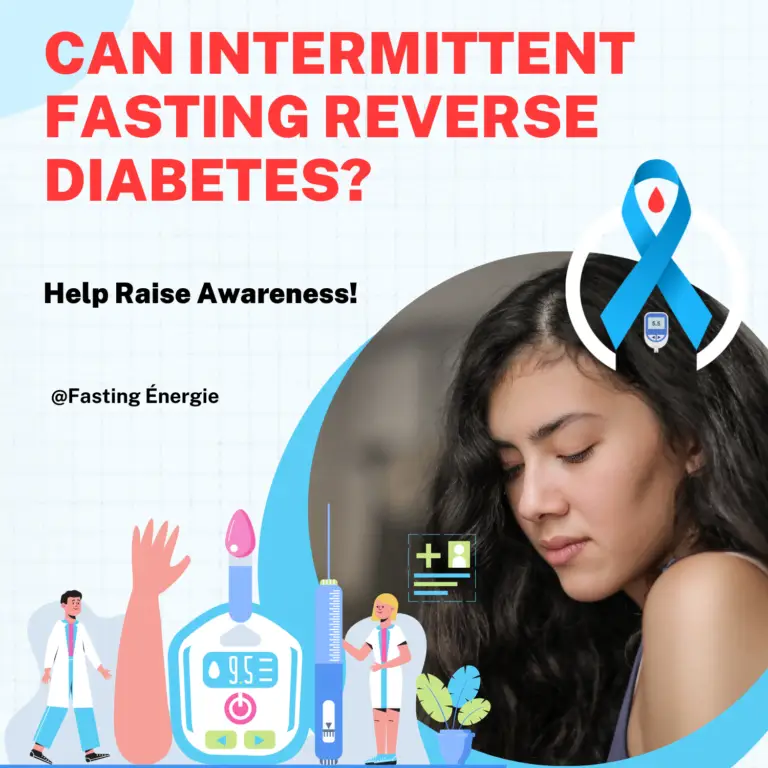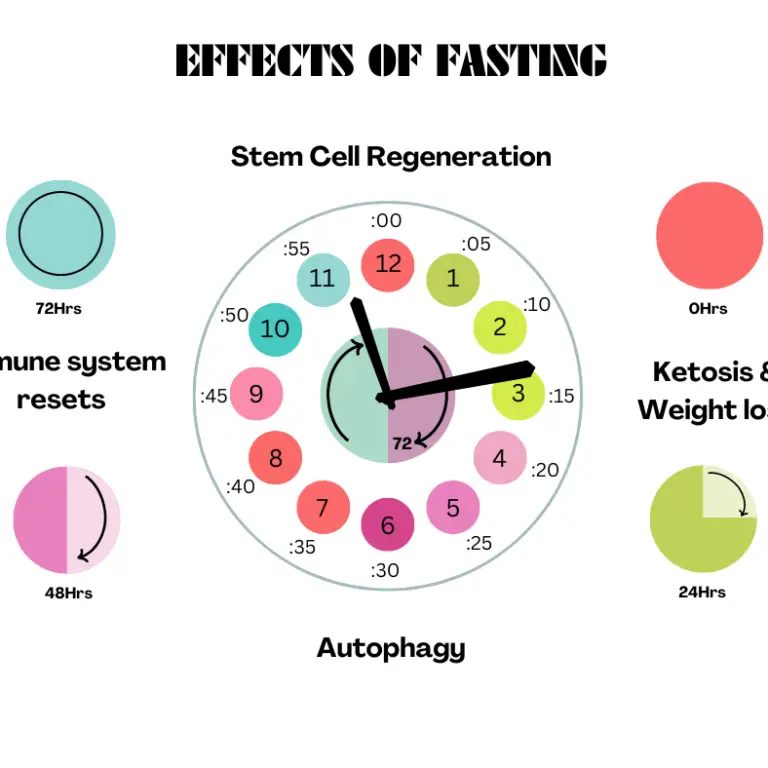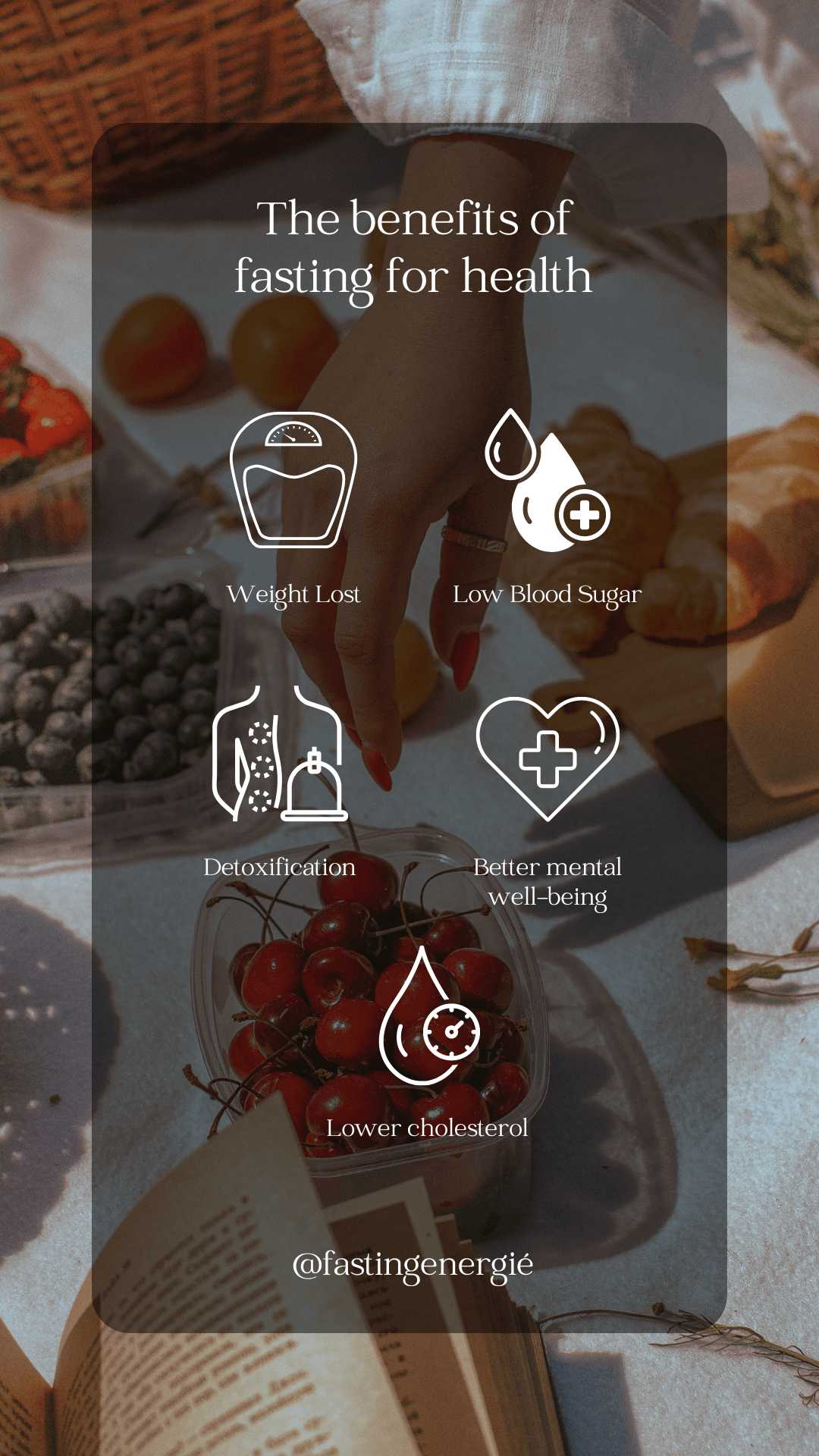Slow Down Ageing Now! How Intermittent Fasting Could Be the Key to a Younger You.
Table of Contents

Slow Down Ageing Now! Overview
Overview of Ageing and Its Impacts
The progressive deterioration of physiological processes that comes with ageing is a normal biological process that raises the risk of age-related illnesses such diabetes, neurodegenerative diseases, and cardiovascular disease. Ageing has an impact on mental health, cognitive performance, and general quality of life in addition to its physical effects. Numerous elements, like as genetics, lifestyle decisions, and the environment, have a substantial impact on the pace and pattern of ageing.
Introduction to Intermittent Fasting and Its Popularity
As a lifestyle strategy that promises not only weight loss but also gains in longevity and health, intermittent fasting has become more popular. This method alternates periods of eating and fasting, which is supposed to set off biological processes that may help lessen the negative consequences of ageing. The ease of use, adaptability, and increasing amount of scientific evidence demonstrating the possible health advantages of intermittent fasting are the main reasons for its growing popularity.
The Science of Ageing
Biological Mechanisms Behind Ageing
There are numerous significant biological processes that have an impact on cellular aging, including:
- Telomere Shortening:
The ends of chromosomes undergo a modest shortening with each cell division. They eventually grow too short to shield the chromosome, which causes cellular ageing and malfunction. - Oxidative Stress:
Over time, free radicals cause oxidative damage to accumulate, which greatly speeds up ageing and raises the risk of developing chronic illnesses. - Senescence:
Ageing cells frequently go through a phase known as senescence in which they cease to divide but nevertheless release inflammatory mediators that promote ageing and tissue dysfunction.
How Lifestyle Factors Influence Ageing
A person’s lifestyle can either speed up or slow down the ageing process.
- Diet:
Nutrition directly affects how long people live. Antioxidant-rich foods help reduce oxidative stress, but high-calorie diets hasten the ageing process and the onset of age-related illnesses. - Physical Activity:
By enhancing mitochondrial function, lengthening telomeres, and lowering inflammatory reactions, regular exercise can slow down the ageing process. - Stress Management:
Hormonal imbalances and elevated oxidative stress can hasten cellular ageing caused by chronic stress.
Linking Intermittent Fasting to Anti-Ageing
A powerful lifestyle strategy that may slow down ageing at the cellular level is intermittent fasting. Its advantages go beyond merely cutting calories; it affects basic biological mechanisms that are linked to ageing and degenerative illnesses. This is the way that intermittent fasting is associated with anti-aging, namely in terms of improving cellular health and delaying the ageing process of cells.
How Intermittent Fasting Slows Cellular Ageing
- Promotion of Cellular Repair and Autophagy:
Intermittent fasting stimulates autophagy, a crucial physiological process by which cells eliminate and destroy damaged proteins and organelles. By preventing the buildup of cellular waste, which can hasten cellular ageing and malfunction, this “cellular cleanup” is achieved. Enhanced autophagy helps cells retain optimal functioning and reduces the accumulation of aging-related cellular damage. It is linked to greater cellular longevity and efficiency. - Reduction of Oxidative Stress:
The decreased food intake during the fasting periods lowers metabolic rate, which in turn lowers the generation of free radicals. Although these reactive oxygen species (ROS) are byproducts of regular metabolism, they have the ability to seriously harm cellular constituents and hasten the ageing process. Intermittent fasting helps shield cells from oxidative stress and the damageing impact it has on ageing by reducing their synthesis. - Improvement in Metabolic Efficiency:
By lowering inflammation and increasing insulin sensitivity, intermittent fasting promotes metabolic health. Ageing is often accompanied with insulin resistance, which is linked to a number of metabolic disorders include type 2 diabetes and obesity. Fasting helps preserve metabolic processes and lowers the metabolic stress that accelerates cellular ageing by improving insulin activity.
Impact on Telomeres and Cellular Health
- Telomere Length Preservation:
The protective caps at the ends of chromosomes called telomeres, normally shorten throughout cell division, and the length of these caps is thought to indicate the age of a cell. Reduced lifespans and an increased risk of age-related illnesses are associated with shorter telomeres. By lowering oxidative stress and inflammation, two things that are known to hasten telomere shortening, research indicates that intermittent fasting may help maintain telomere length. Moreover, sirtuins—a protein that is involved in preserving telomere integrity—and other proteins are activated during fasting. - Enhancement of Genetic Stability:
Intermittent fasting also has an impact on sirtuins and the FOXO family of transcription factors, which are genetic regulators of cell development and repair. These proteins improve the cell’s capacity to repair DNA in addition to aiding in the preservation of telomere length. They increase cellular health and lower the chance of mutations that cause cancer and other degenerative illnesses by regulating pathways linked to cell survival, stress resistance, and longevity. - Sirtuin Activation:
A family of proteins known as sirtuins is crucial for maintaining cellular health. They affect ageing and longevity by controlling cellular health by reacting to calorie intake and cellular stress. Sirtuin activity is increased during intermittent fasting, which promotes DNA repair, lowers inflammation, and enhances mitochondrial function. By preventing the deterioration of cellular components, this increased activity promotes cellular function and slows down the ageing process.
Benefits of Intermittent Fasting for Ageing
The practice of intermittent fasting has drawn interest because to its possible benefits for improving cellular and overall health, extending life, and managing weight as well as metabolic health. The following are some of the main anti-aging advantages of intermittent fasting:
Enhanced Autophagy and Cellular Repair
- Mechanisms of Autophagy:
Cells naturally break down and reuse their own parts through a process called autophagy. This procedure is essential for eliminating harmed proteins and organelles and avoiding their build-up, which can result in illnesses and malfunctioning cells. Fasting intermittently increases autophagy, which improves the body’s capacity to eliminate waste products from cells and preserve their integrity. This is essential for ageing cells since it prolongs their functional life. - Benefits for Longevity:
Intermittent fasting can potentially lengthen longevity by delaying the ageing process at the cellular level and encouraging regular cellular cleansing. Increased autophagy has been associated with a lower risk of age-related illnesses that depend on cellular health, including Parkinson’s and Alzheimer’s.
Improvement in Hormonal Balance and Inflammation Reduction
- Hormonal Regulation:
Only a few of the significant hormones whose secretion intermittent fasting can normalize are insulin, human growth hormone (HGH), and cortisol. These hormones are linked to ageing and metabolism. For instance, fasting lowers insulin levels, which aids in lowering insulin resistance, a problem that often arises with ageing. During fasting, elevated HGH levels promote fat loss and muscle maintenance, while regulated cortisol levels improve stress management. - Inflammation Reduction:
Persistent inflammation has a significant impact on aging and numerous chronic illnesses. It has been demonstrated that intermittent fasting lowers inflammatory indicators like interleukin-6 (IL-6) and C-reactive protein (CRP). Reducing these inflammatory markers promotes a longer, healthier life by lowering the risk of chronic illnesses like cardiovascular disease.
Impact on Brain Health and Cognitive Function
- Neuroprotective Effects :
A protein called brain-derived neurotrophic factor (BDNF) helps new synapses form and keeps existing neurones alive. More of this protein is made when you do intermittent fasting. BDNF levels inevitably decrease with age and are essential for memory, learning, and general cognitive function. - Enhanced Cognitive Function:
Fasting promotes brain-healthy metabolic characteristics that can protect against neurodegenerative illnesses and boost cognitive performance. The brain uses the ketones created during fasting as an effective energy source, which may enhance concentration and mental clarity. - Reduced Risk of Neurodegenerative Diseases:
Decreased inflammation, improved autophagy, and elevated BDNF levels all work together to lessen the risk of neurodegenerative illnesses, including Parkinson’s and Alzheimer’s.
Nutritional Strategies to Enhance Fasting Benefits
Best Foods to Support Intermittent Fasting
When it comes to anti-aging in particular, eating nutrient-dense foods during eating windows is essential to maximising the health benefits of intermittent fasting:
- Whole Foods:
Give priority to unprocessed, whole foods, including fruits, vegetables, whole grains, lean meats, and healthy fats. In addition to being higher in nutrients and fewer in calories, these meals can support healthy metabolism and weight maintenance. - Antioxidant-Rich Foods:
Rich in antioxidants, berries, nuts, green leafy vegetables, and spices like turmeric help fight oxidative stress, a significant cause of ageing. - Healthy Fats:
Consume foods high in omega-3 fatty acids, which have anti-inflammatory qualities. Examples of these foods include walnuts, flaxseeds, and fatty fish (salmon, mackerel). - Foods High in Protein:
Maintaining muscle mass requires a sufficient protein consumption, particularly for older persons. Add lean animal proteins like chicken or fish, or plant-based proteins like lentils and chickpeas.
Supplements that Complement Fasting for Anti-Ageing
The advantages of intermittent fasting can be increased by adding specific nutrients as supplements:
- Multivitamins:
To close any possible dietary gaps, particularly when calorie intake is decreased. - Omega-3 Fatty Acids:
To lower inflammation and promote brain health. - Vitamin D:
A lot of people don’t get enough vitamin D, which is essential for strong bones and a healthy immune system. - Curcumin:
The active component of turmeric, well-known for its strong antioxidant and anti-inflammatory effects. - Resveratrol:
Resveratrol, which is present in red grape skin, has been connected to cardiovascular health and lifespan.
Combining Intermittent Fasting with Other Anti-Ageing Practices
Exercise and Intermittent Fasting: A Powerful Combo for Ageing
Regular exercise combined with intermittent fasting can enhance anti-aging benefits:
- Enhanced Fat Loss and Muscle Preservation:
While fasting itself can raise growth hormone levels, which further supports muscle maintenance, exercise—particularly strength training—can help maintain muscle mass during fasting periods. - Improved Cardiovascular Health:
By lowering blood pressure, enhancing lipid profiles, and boosting cardiac efficiency, exercise and intermittent fasting both enhance cardiovascular health. - Insulin Sensitivity:
Exercise amplifies the benefits of intermittent fasting on insulin sensitivity, lowering the incidence of type 2 diabetes.
Mindfulness and Stress Reduction Techniques to Enhance Benefits
An key part of any anti-aging routine is stress management:
- Meditation and Mindfulness:
Consistent mindfulness exercises can reduce stress chemicals like cortisol, which hastens the ageing process. Additionally, meditation improves mental health by lowering anxiety and promoting better sleep. - Yoga and Tai Chi:
These forms of exercise incorporate breathing techniques, meditation, and physical movement. They provide mental and physical health benefits, lower stress levels, and enhance flexibility and balance.
Putting these nutritional principles into practice and combining intermittent fasting with exercise and mindfulness exercises can result in a healthier, more active lifestyle as you age.
Challenges and Considerations
Potential Risks and How to Mitigate Them
Although there are many health advantages to intermittent fasting, there are drawbacks as well, especially for certain populations:
- Nutrient Deficiencies:
Extended periods of fasting may result in a lack of some vital nutrients, particularly if balanced meals are not consumed within the eating windows. Focus on eating a nutrient-dense diet that consists of a range of food types to help reduce this. - Hypoglycemia:
Hypoglycemia is a risk for people with diabetes or those taking drugs that alter insulin levels. When beginning a fasting routine, it’s critical to check blood glucose levels and speak with a healthcare professional about changing medications. - Exacerbation of Eating Disorders:
Fasting, particularly in those with a history of eating disorders, can cause or worsen eating disorders. For those who have a history of disordered eating, seeking professional assistance is advised.
Who Should Avoid Intermittent Fasting?
- Women Who Are Expectant or Nursing:
For women who are pregnant or nursing, fasting is generally not advised due to their increased nutritional needs. - People with Severe Chronic Conditions or Advanced Diabetes:
Individuals with severe medical conditions have to speak with their physician prior to starting an intermittent fasting program. - Youngsters and Teens:
Young people should not fast without medical supervision since they require enough nutrients for healthy growth and development.
Expert Insights and Future Directions
What Leading Gerontologists and Nutritionists Are Saying
Nutritionists and ageing specialists acknowledge the benefits of intermittent fasting but emphasise the necessity for customised strategies:
- Personalisation of Fasting Regimens:
Individual needs should be taken into account while designing fasting programs because health statuses, metabolisms, and lifestyles vary widely. - Combination with Other Lifestyle Interventions:
A lot of professionals advise combining other well-researched health interventions, such as regular exercise, stress reduction, and quitting smoking, with fasting.
Emerging Research and Future Trends in Intermittent Fasting and Aging
- Longevity Studies: By examining ageing markers in several groups, recent research seeks to establish a direct connection between intermittent fasting and lifespan.
- Mechanistic Insights: Researchers are learning more about the cellular and molecular processes, including effects on immune system regeneration, stem cells, and genetic pathways, by which fasting affects ageing.
Final Thoughts
A promising strategy for perhaps delaying the ageing process and improving general health is intermittent fasting. It should be used cautiously, though, as there is no one-size-fits-all answer, particularly for people with pre-existing medical issues. As research advances, it will offer more comprehensive understandings and better recommendations to assist people in safely and successfully incorporating fasting into an anti-ageing regimen. Going forward, the greatest health advantages will probably come from combining intermittent fasting with extensive lifestyle modifications, which will support both a longer life expectancy and an enhanced quality of life.
Frequently Asked Questions
Can intermittent fasting slow aging?
Yes, intermittent fasting can potentially slow aging. It promotes cellular repair processes like autophagy, which can help remove damaged cells and improve cellular function, potentially leading to slower aging.
Can intermittent fasting make you look younger?
Intermittent fasting may help you look younger by reducing inflammation, improving skin health, and promoting better overall metabolic health, which can reflect in improved skin appearance.
Can fasting reverse skin aging?
Fasting can contribute to improved skin health by enhancing autophagy, which can help clear damaged cells that might accelerate aging. However, reversing skin aging completely is not likely and would depend on various factors including genetic predisposition and environmental influences.
Does intermittent fasting slim your face?
Intermittent fasting can lead to overall weight loss, which may include reduction of fat from the face, potentially slimming the appearance of the face depending on individual fat distribution and genetic factors.
What is the best fasting method for anti-aging?
Periodic fasting or 5:2 fasting (eating normally for five days a week and reducing calorie intake on two non-consecutive days) has been shown to be effective for health improvements related to aging, as it is sustainable and promotes beneficial metabolic changes without being overly restrictive.
How long does fasting take to clear skin?
The effects of fasting on skin clarity can vary widely among individuals. Some may see improvements in skin clarity within a few weeks, as fasting can reduce inflammation and regulate insulin levels, which in turn can help manage acne and other skin issues. However, results can vary based on diet, lifestyle, and individual skin conditions.








It’s awesome to pay a quick visit this web page and reading the
views of all colleagues concerning this article, while I am also eager of getting experience.!